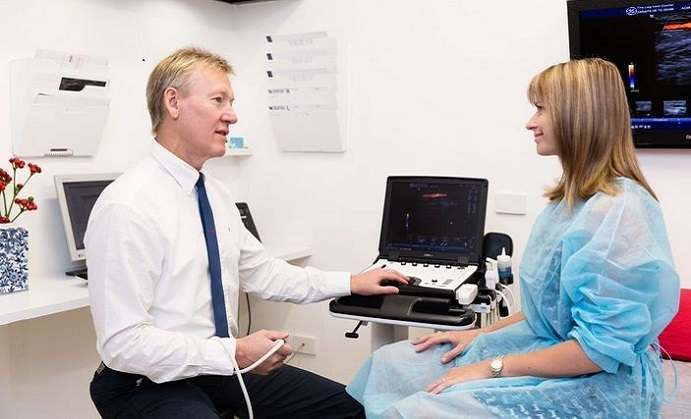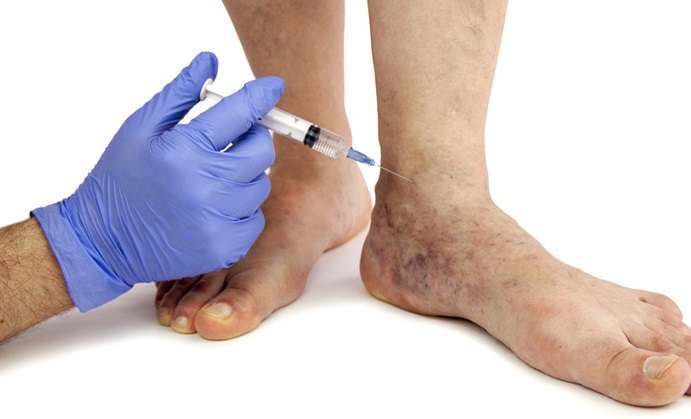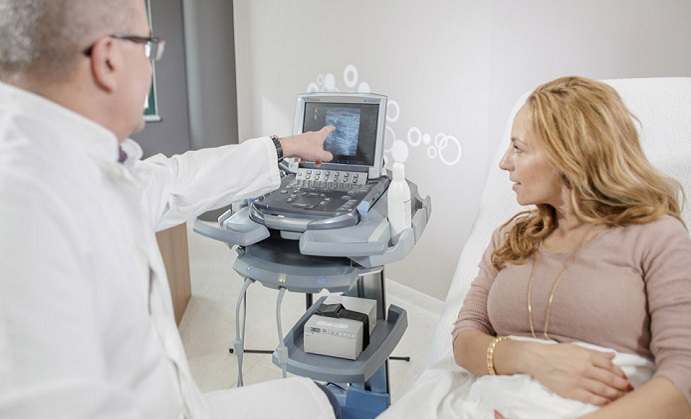It is much easier and less painful to prevent than to treat varicose veins. They can be very painful and uncomfortable. They are also prone to infections in progressive stages. This can lead to ulcers and wounds in the lower extremities. Also, they are not pleasing to the eye. Many people are ashamed to show their unhealthy legs with bulges during the summer. They are even covering them up with special cosmetic creams. This whole situation negatively affects their self-esteem.
Prevention at Home
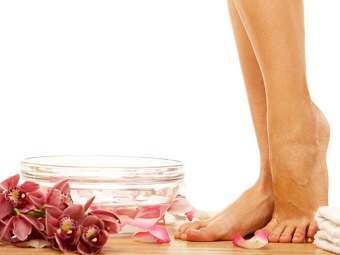 Home prevention can be very helpful for reducing symptoms and the further progression of varicose veins, especially in mild cases of this condition. Getting rid of unhealthy habits and making certain lifestyle changes is a good start. All activities which can improve blood circulation and prevent blood from settling in the lower extremities will be beneficial.
Home prevention can be very helpful for reducing symptoms and the further progression of varicose veins, especially in mild cases of this condition. Getting rid of unhealthy habits and making certain lifestyle changes is a good start. All activities which can improve blood circulation and prevent blood from settling in the lower extremities will be beneficial.
Here are some easy and efficient ways to help your varicose veins at home:
- Change body positions. After many hours of standing or sitting still, the entire body can become stiff. This is very dangerous for legs which are prone to varicose veins. Gravity is a very powerful force and it pools the blood downwards your feet. Due to the disturbed blood circulation, varicose veins will not effectively return the blood towards the heart. The legs will become swollen, and veins will become enlarged. By regularly changing body positions and elevating your legs above the heart line you can improve your blood circulation and help your veins pull the blood from the lower body parts.
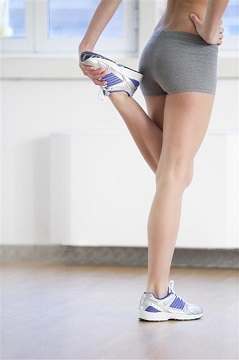 Exercise more often. Exercising a few times per week can improve your overall health, including the condition of your varicose veins. Mild to moderate physical activities, like walking, cycling or swimming are very beneficial for varicose veins.
Exercise more often. Exercising a few times per week can improve your overall health, including the condition of your varicose veins. Mild to moderate physical activities, like walking, cycling or swimming are very beneficial for varicose veins.- Watch your weight. Excessive weight means that your legs have to sustain additional pressure. This is another force, besides gravity, that has a negative impact on varicose veins. Losing some extra weight will diminish the pressure and give relief to your swollen legs.
- Avoid tight clothing. Wearing tight clothes can slow down blood circulation and cause the deterioration of varicose veins. Always choose loose fitting clothes, especially when you are going to wear them for a long period of time. Also, don’t use small or uncomfortable shoes and avoid wearing high heels whenever you can.
- Try not to cross your legs. When legs are crossed, there is additional pressure to already damaged blood vessels. Try sitting with your legs firmly on the ground or with a box underneath them.
- Keep your hormones in check. Refrain from taking oral contraceptives or any other substances which can cause hormonal changes, if they have not been recommended or prescribed by your doctor. Hormones play a major role in regulating human health, including the cardiovascular system.
If your veins are already varicose, consult with your doctor about the various treatment options available. You can consider wearing supportive hoses or stockings to help ease some of the discomforts. By acting quickly to early symptoms, a lot of pain and further damage may be avoided.








